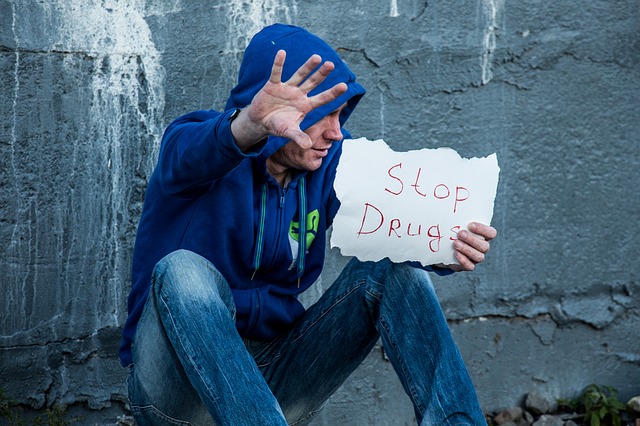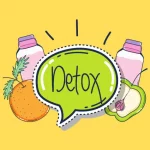
Image Source: Pixabay
You may have heard of drug and alcohol detox centers and be wondering what they are. To put it simply; they are facilities where people suffering from substance abuse problems begin the journey towards sobriety.
Detox facilities are manned by healthcare professionals that monitor and treat the patient as their bodies process and eliminate harmful chemicals from their system.
Going cold turkey (abrupt cessation of drug or alcohol use) can be dangerous. Medical detoxification involves weaning patients off of drugs gradually under supervision.
During drug detoxification with medical detox programs in SF Bay Area, the illicit substance in question is removed naturally through the digestive system, kidneys, and liver.
However, physical and psychological dependence on drugs and alcohol can lead to withdrawal symptoms. These symptoms range from being mild to being life-threatening.
(See also: 5 Myths About Addiction that Undermine Recovery)
How to Find the Right Detox Center
Unfortunately, there’s no easy answer to the question of which facility would be best for you. There are several factors involved in making the decision, including:
- The substance you are addicted to, how bad the addiction is, and how long it has lasted
- The age and gender of the patient in question
- The cost of the treatment and if it can be covered by insurance
- Inpatient vs outpatient treatment
- Concurrent medical conditions and the need for specialized care
Here are some questions you can ask to narrow down the shortlist of facilities and find the best one;
1. Does the center treat the kind of addiction I have? Does the staff have experience in treating people like me?
The detoxification process varies depending upon the substance. Detoxing from alcohol, opiates, cocaine, ecstasy, and amphetamine are all different things. Opiate detox, for example, is focused on treating people with addictions to prescription pain medication.
The staff working at centers catering to opiate addictions have knowledge and experience in caring for those kinds of people to ensure the detoxification process goes smoothly and comfortably.
2. Is the facility accredited?
State accreditation bodies work to ensure that a facility is manned by qualified staff who can provide safe and effective treatment. The Substance Abuse and Mental Health Services Administration (SAMHSA) is a great resource for finding accredited facilities providing detoxification programs.
Getting treatment through an unaccredited center could prove dangerous, as such facilities may not adhere to the best practices and current established standards of care.
3. How much does treatment cost and what kinds of insurance are accepted by the treatment center?
Many people are put off by the costs of detoxification treatments. You must check ahead of time if your insurance is accepted by the detox center or not.
Some facilities offer sliding scale payment options and low-cost detox programs to those with limited incomes or no insurance.
4. What staff-to-patient ratio does the facility have? Are the staff well-qualified?
A high staff-to-patient ratio means that there will be more staff to treat patients. Some states have limits on how many people can be treated at a facility based on the trained staff to ensure everyone gets a good level of care.
The qualifications of psychologists, nurses, counselors, and physicians at the treatment center are also something that should be considered.
The highly qualified staff that specialize in drug detox and addiction treatment will be able to provide the level of care necessary to recover.
5. Does the detox center offer individualized treatment?
Every recovering addict will have their own individual needs. How severe addiction is and any underlying health problems will also vary between different people. Individualized care plans offer better chances of successful recovery compared to a one-size-fits-all approach.
Comprehensive detox planning is more than just physical withdrawal from drugs. It’s also legal, medical, psychological, and social concerns.
Here is the guide to low-cost or free drug rehab options.
6. Does the facility offer medication-assisted detox? Are the therapies on offer based on scientific evidence?
Some detoxification centers will prescribe medication to make the withdrawal process less stressful. Unsupervised withdrawal is dangerous, and can sometimes even be fatal.
A good detox center will offer specific treatments that are based on scientific research. Detoxification facilities that provide experimental treatment for addictions might not be the safest choice. Or indeed the most effective choice.
If you – or someone you know – needs to overcome drug addiction, then don’t hesitate to learn more and get the required help. There are lots of choices out there, so you should have no problem finding a good medical detox facility for you.
About The Author:
Dylan has done Bachelor in Journalism and Mass Communication. He has extensive experience in community management, social media consultancy, child safety, and crisis management.




